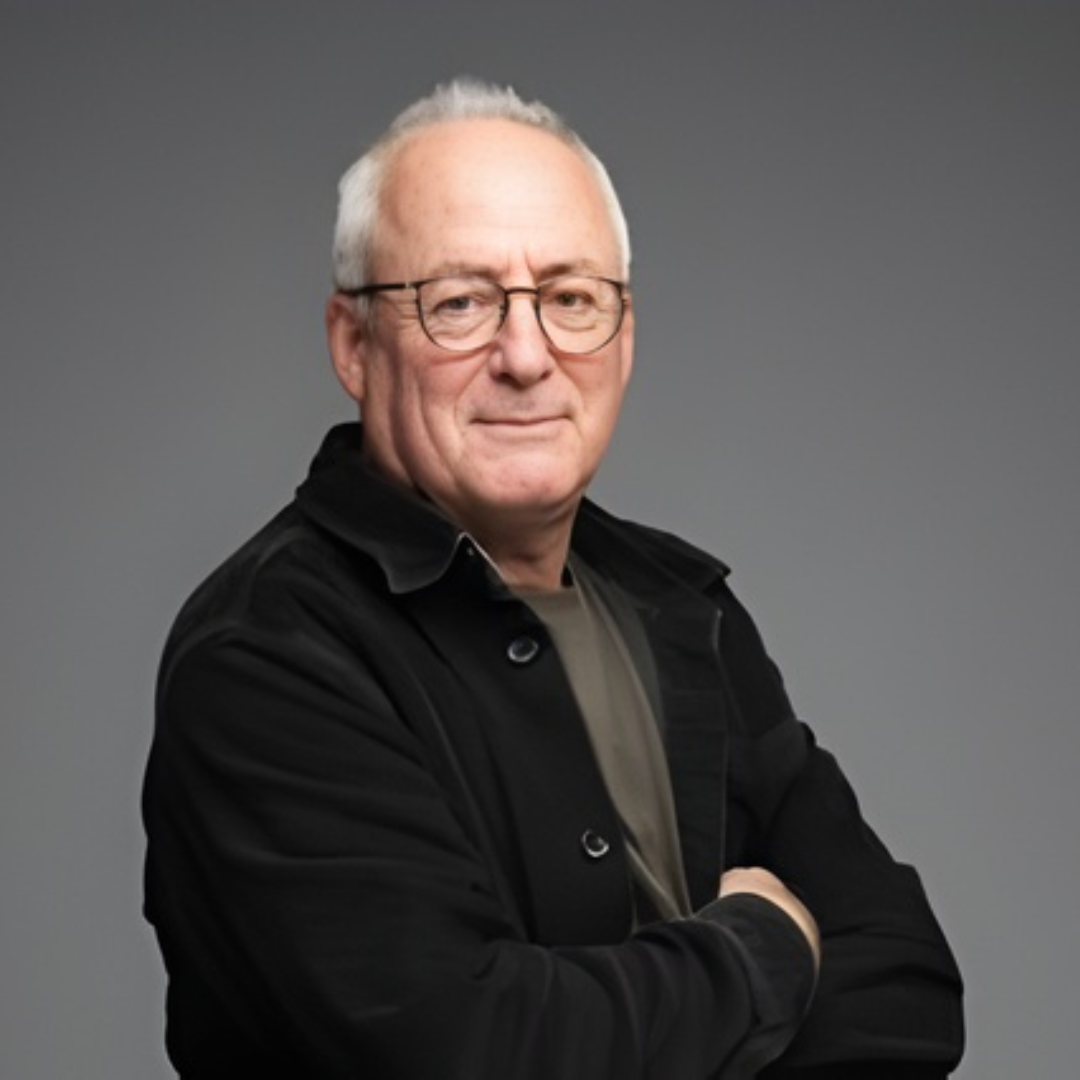Over the past nine months, I’ve been reflecting on life, work, and what comes next.
This reflection has been shaped by several milestones: completing the Henley Business School PCEC (executive coaching) programme, stepping away from full-time employment, turning 67, and joining Brave Starts (of course!).
These experiences have inspired me to develop a coaching practice tailored to people navigating the transition between what psychologist Daniel Levinson called Middle Adulthood and Late Adulthood.
For many, this period is full of change: leaving corporate life, redefining identity, managing family responsibilities at both ends of the spectrum, and confronting the realities of ageism in the workplace. Psychologists such as Levinson, Erikson, and Vaillant have long described life as a series of stages. Erik Erikson’s idea of “generativity”; making one’s mark by nurturing things that outlast us, resonates strongly with me. It’s a reminder that later life is not about “retirement” in the narrow sense, but about continuing to contribute, create, and engage.
And yet, as we Brave Starters know, many people in their fifties and sixties today face unprecedented challenges: Longer retirements without sufficient pension provision. Career doors closing too soon due to systemic ageism. Balancing support for adult children while also caring for ageing parents. In my coaching conversations with members of Brave Starts, I often encounter a recurring theme: a sense of ‘loss of agency’. Many feel invisible, their relevance questioned, their experience dismissed as “old school.” One client in her sixties put it bluntly: “I think people discount you when you get past a certain age. Your experience is not relevant—you go beyond experience and just into being… too old school. It’s such a dismissive term.”
This is where the concept of liminality—a threshold state between the old and the new—becomes relevant. William Bridges described transition in three stages: Endings, the Neutral Zone, and New Beginnings.
My aim is to help clients navigate this period of liminality; letting go of the past career, using the neutral zone as a time of reflection, and ultimately discovering a fulfilling new chapter. For some, this means uncovering long-buried passions. For others, it’s about reframing their identity beyond a single career label.
For the coach, it begins with allowing the individual to be heard; creating what coaching guru Claire Pedrick calls “the empty container.” Sometimes, the most valuable thing I can offer is this safe space to share the unspoken fears of redundancy, shame, or uncertainty.
So, all this is why I’ve chosen the name “StayCurious Coaching” for my coaching practice. Curiosity keeps us open to possibility. It allows us to imagine futures that are not yet defined. And it reminds me—as much as my clients—that life’s later chapters can be every bit as creative, purposeful, and rewarding as the earlier ones.
If any of this resonates with you; perhaps you are in this liminal state and looking for help finding your new beginning, some coaching might be helpful.
Please contact me on ed@staycuriouscoaching.com or via the website www.staycuriouscoaching.com
Stay curious!
.png)



